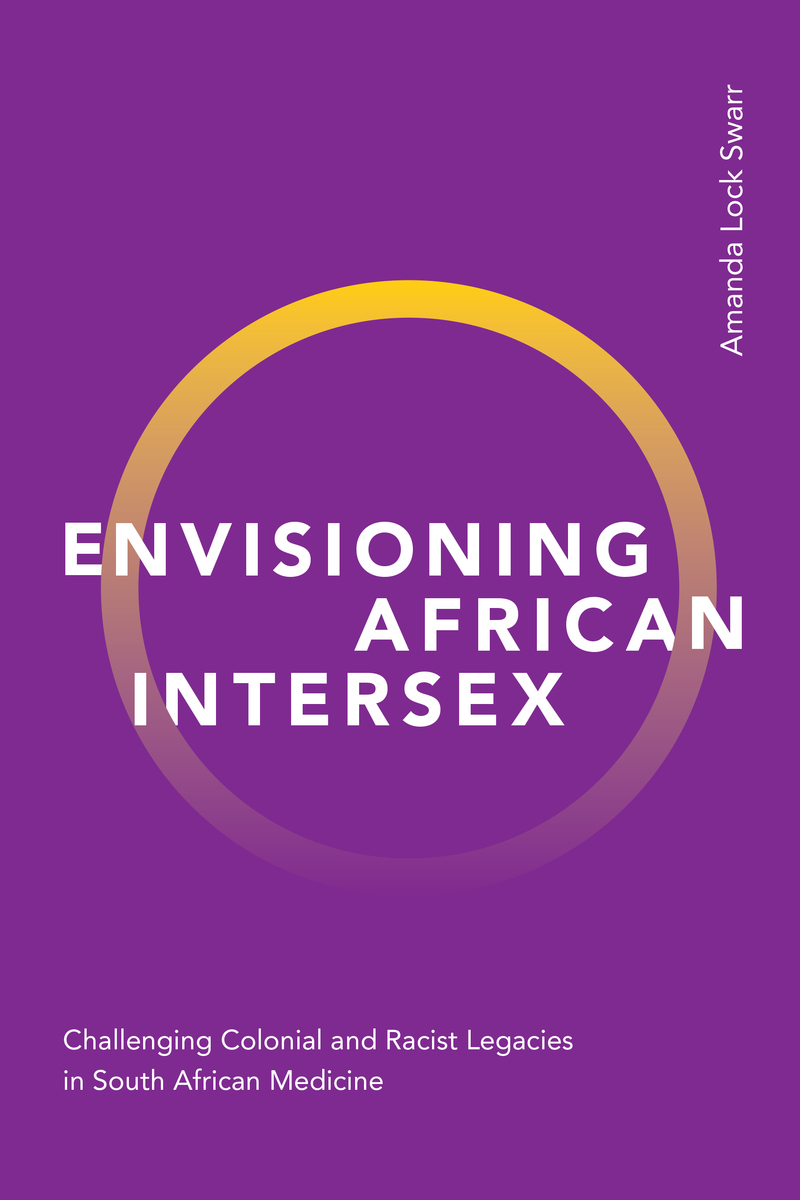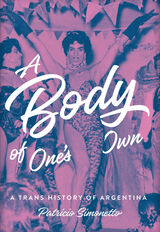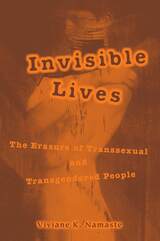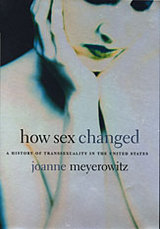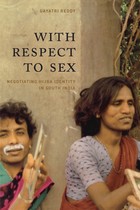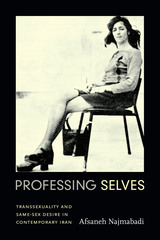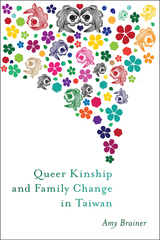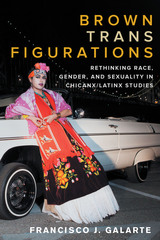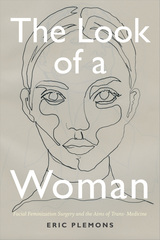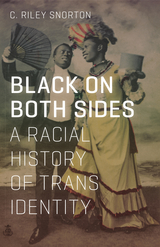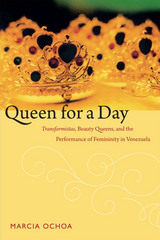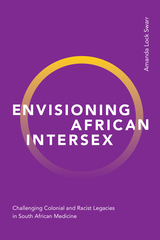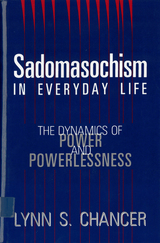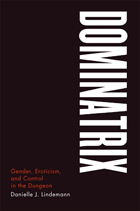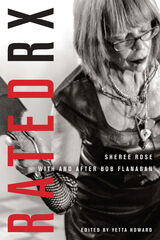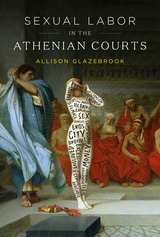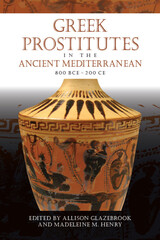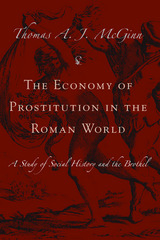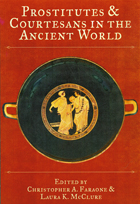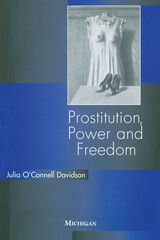Envisioning African Intersex: Challenging Colonial and Racist Legacies in South African Medicine
Duke University Press, 2023
Cloth: 978-1-4780-1697-7 | eISBN: 978-1-4780-2424-8 | Paper: 978-1-4780-1961-9
Library of Congress Classification HQ78.2.S6S94 2023
See other books on: 1991- | Medical care | Republic of South Africa | South Africa | Transgender Studies
See other titles from Duke University Press
Cloth: 978-1-4780-1697-7 | eISBN: 978-1-4780-2424-8 | Paper: 978-1-4780-1961-9
Library of Congress Classification HQ78.2.S6S94 2023
ABOUT THIS BOOK | AUTHOR BIOGRAPHY | REVIEWS | TOC | REQUEST ACCESSIBLE FILE
ABOUT THIS BOOK
Since the 1600s, travelers, scientists, and doctors have claimed that “hermaphroditism” and intersex are disproportionately common among black South Africans. In Envisioning African Intersex Amanda Lock Swarr debunks this claim by interrogating contemporary intersex medicine and demonstrating its indivisibility from colonial ideologies and scientific racism. Tracing the history of racialized research that underpins medical and scientific premises of gendered bodies, Swarr analyzes decolonial actions by intersex South Africans from the 1990s to the present, centering the work of organizers such as Sally Gross, the first openly intersex activist in Africa and a global pioneer of intersex legislation. Swarr also explores African social media activism that advocates for intersex justice and challenges the mistreatment of South African Olympian Caster Semenya. Throughout, Swarr shows how activists displace doctors’ impositions to fashion self-representation. By unseating colonial visions of gender, intersex South Africans are actively disrupting medical violence, decolonizing gender binaries, and inciting policy changes.
All author royalties from Envisioning African Intersex will be donated to Intersex South Africa.
All author royalties from Envisioning African Intersex will be donated to Intersex South Africa.
See other books on: 1991- | Medical care | Republic of South Africa | South Africa | Transgender Studies
See other titles from Duke University Press
